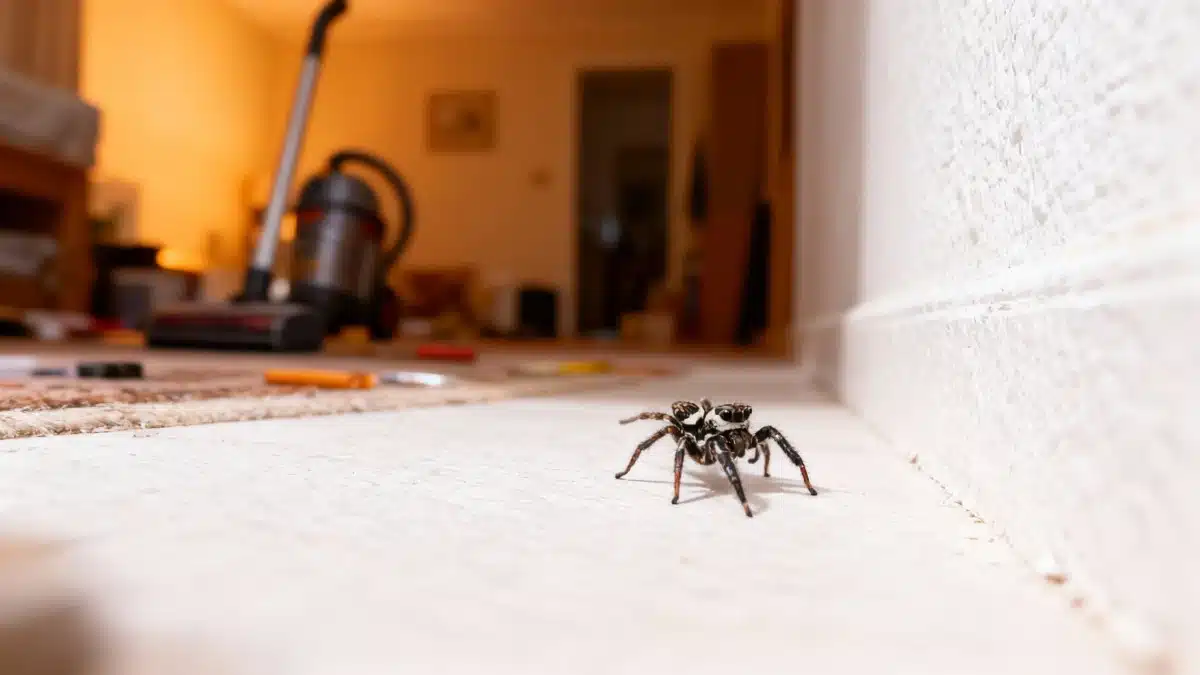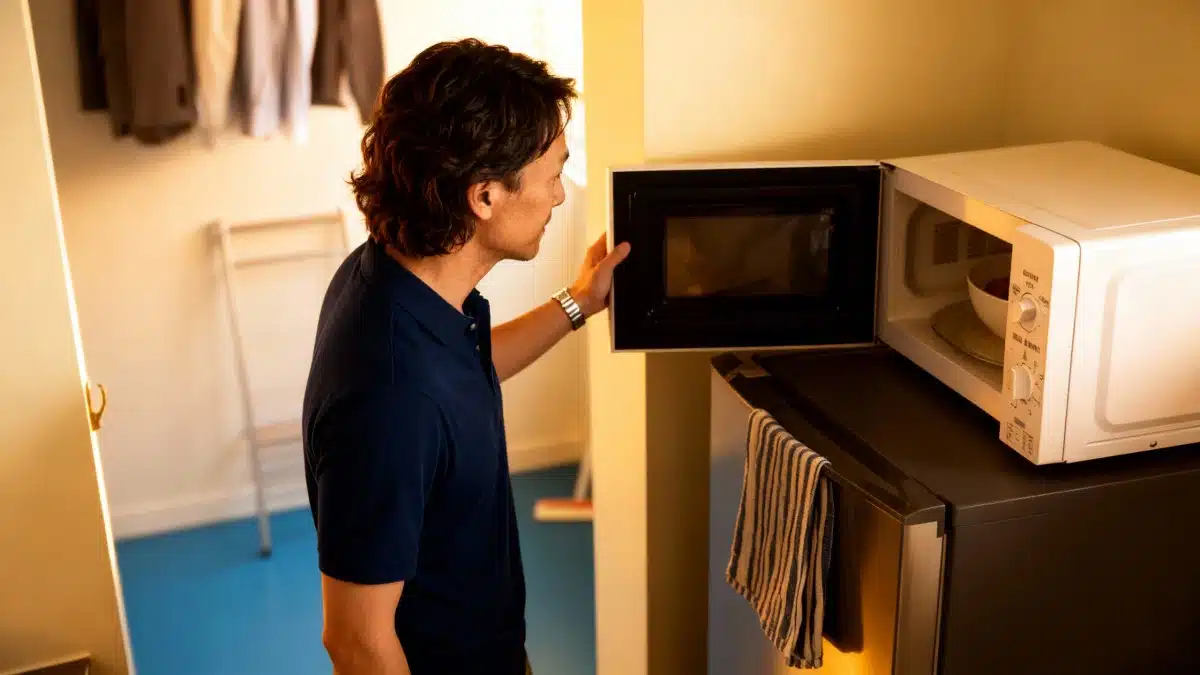When you spot a spider unexpectedly crawling across your living room floor, do you reach for the nearest shoe, paper, or—if you’re feeling especially sophisticated—a vacuum cleaner? Before you arm yourself and go on the attack, you may want to pause. It turns out that using your vacuum to get rid of spiders is not the clever fix you think it is. Here’s the truth about what really happens when you try to suck up spiders at home, and—good news—there’s actually a much kinder, more effective way to handle these eight-legged intruders.
Why the Vacuum Seems Like the Perfect Solution (But Isn’t)
Let’s face it: whether you break into a cold sweat at the mere thought of spiders or just want your home free of little critters, the vacuum seems like a winner. It’s simple, efficient, and keeps you at a safe, respectable distance from your new roommate. No need for a spider showdown, right?
Unfortunately, the reality is a little messier—and not just for the spiders. Instead of instantly solving your arachnid problem, using a vacuum actually leads to a situation that’s less neat and more, well, webby.
Do Spiders Survive the Vacuum? The Unwelcome Return
Picture this: in a panic, you grab your vacuum, target the spider, and with a triumphant flourish, the spider disappears inside. Mission accomplished…or is it? Here’s the twist nobody warned you about: the spider might not only survive, but it can actually find its way back out. That’s right—your eight-legged houseguest could make a comeback, crawling right back the way it came, drawn towards the light at the end of the vacuum tube.
Spiders are surprisingly resilient. They can survive long stretches without food. While you congratulate yourself for a successful spider-expulsion, your adversary could be biding its time, waiting for the perfect moment to reappear. The operation, it turns out, can be completely useless. That spider might still be somewhere inside your home, plotting its next move—or simply wandering around, blissfully unaware that it has become the stuff of your nightmares.
The Downside: Cruelty and Ineffectiveness
If the spider doesn’t manage its great escape, the alternative is, unfortunately, not pretty. Spiders not strong enough to flee your vacuum’s grasp often face a cruel fate: asphyxiation by dust in the vacuum’s dust container. It’s neither a quick end nor a very kind one, and it’s a reminder that our attempts to keep our homes spider-free sometimes have unintended, rather unpleasant consequences.
There’s a Better Way: Release, Don’t Squash
Here’s some good news: the spiders you find at home aren’t dangerous to humans. In fact, they do us a favor. They feast on other insects—flies, gnats, and even mosquitoes—helping us get rid of those unwelcome guests. So rather than resorting to methods fatal for our helpful (if slightly creepy) cohabitants, consider setting them free outside instead.
If you’re squeamish and don’t relish the idea of touching a spider, you’re not alone. You don’t need to get close! There’s a simple, effective trick that’s as easy on your nerves as it is on the spider:
- Take a glass and place it upside down over the spider.
- Carefully slide a sheet of paper between the floor and the rim of the glass, trapping the spider inside.
- Keeping the paper in place, carry your new friend outdoors.
- Once outside, just lift the glass and let the spider scamper away—perhaps with a cheerful wave (optional, but encouraged).
Congratulations, you’ve just performed a good deed and possibly saved yourself from a surprise spider reappearance!
In conclusion: Next time a spider pays you a visit, skip the vacuum. Not only does that method risk unwanted returns or a dust-choked end for the spider, but it also deprives your home of a helpful insect-eater. Try the glass-and-paper method instead. Your home, and the spiders (even if they don’t send a thank-you note), will be better off for it.

John is a curious mind who loves to write about diverse topics. Passionate about sharing his thoughts and perspectives, he enjoys sparking conversations and encouraging discovery. For him, every subject is an invitation to discuss and learn.






